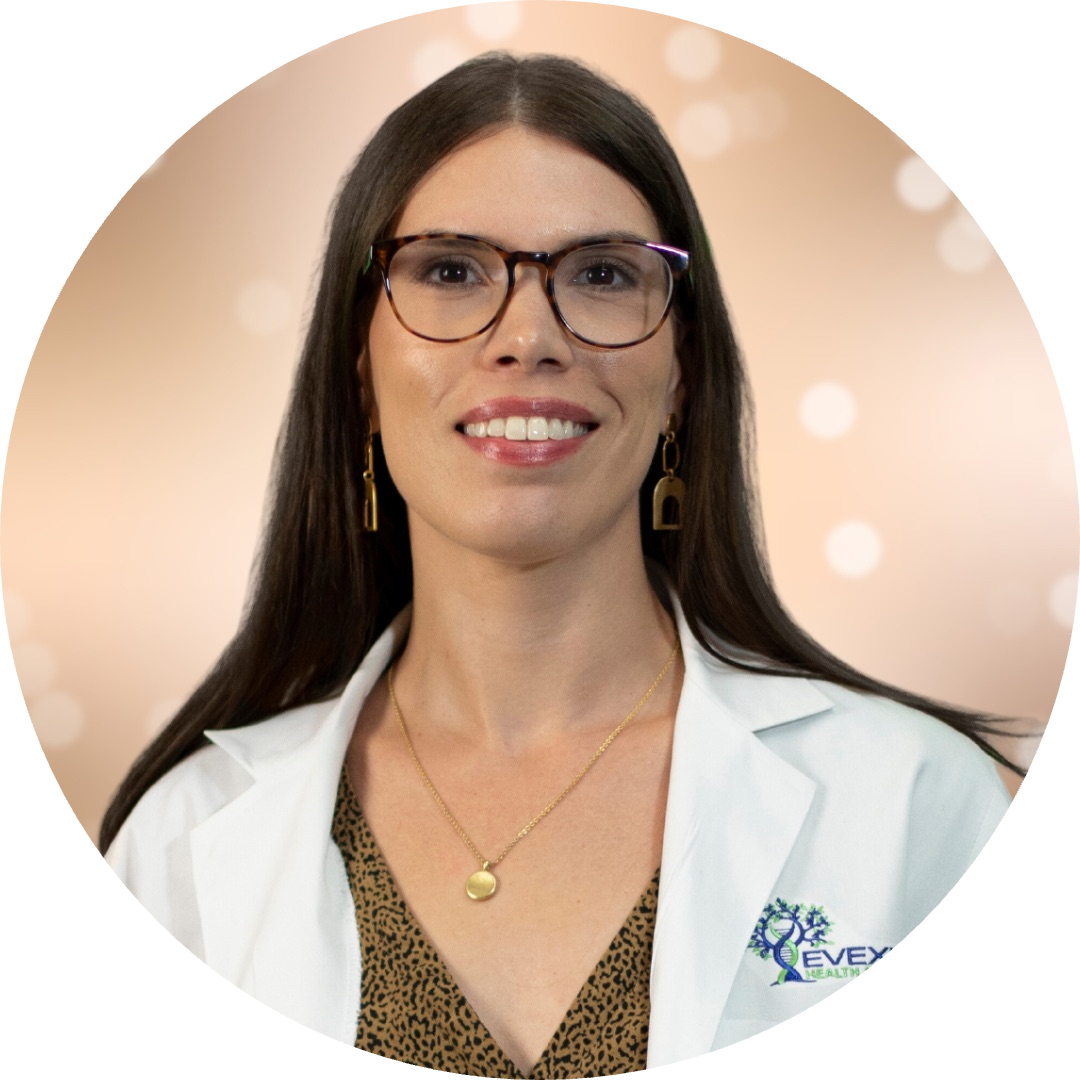lifestyle
When Should You Start Taking Prenatal Vitamins? Before or During Pregnecy?
On This Page

If you are actively trying to conceive, it would be smart to start taking a good, solid prenatal vitamin now.
New research suggests that the earlier you start taking a prenatal vitamin, the better. In fact, according to the Mayo Clinic, it’s advisable to start taking prenatal vitamins even before conception. Their recommendation goes so far as to suggest prenatal vitamins should be taken by any woman who is of childbearing age.
When to start if you’re trying to conceive
If you’re planning to conceive, you should start taking prenatal vitamins as soon as possible. General guidelines suggest starting them 3-6 months prior to conceiving, but this can vary depending on the person and their nutritional status. For instance, women who have recently stopped oral birth control might need a transition period for their bodies to readjust. During this time, prenatal vitamins can help bridge any nutrient gaps or depletions.
Apart from prenatal vitamins, preconception care should include a diet rich in fruits and vegetables, protein, calcium, iron, and 400 micrograms of folate, while also maintaining a healthy weight. The primary goal is to obtain an adequate amount of micronutrients to lay the foundation for a healthy pregnancy. This is especially important because it has been found that changes made three months prior to conception directly impact the quality of gametes (sperm and ova) and healthy gene expression.
When to start if you’re already pregnant
If you’ve just found out that you’re expecting, start taking prenatal vitamins right away. You should make sure the vitamin of your choice contains adequate folate, as folate is especially important in the first trimester for supporting healthy neural tube development. Alongside folate, choline is another vital nutrient that significantly aids in the brain development of the fetus.
Iron is an essential nutrient for the entire pregnancy, with need increasing substantially into the second and third trimester. Iron deficiency can be common in pregnancy, but in some cases, requires supplementation—notably if hemoglobin levels decline or other biomarkers, like ferritin, are significantly out of range. Dietary iron absorption relies on proper pH balance in the gastrointestinal tract. Iron from animal sources (heme iron) absorbs far better than iron from plant-based sources (non-heme iron). Many prenatal vitamins contain iron, since it’s vital for a healthy pregnancy. Always consult with your doctor before incorporating any new supplement into your routine.
The importance of taking prenatals early in a pregnancy journey
Whether you are planning to conceive soon, or are already pregnant, starting a prenatal regimen early on is essential. This is because many of the vitamins and minerals included in prenatals are especially critical for the beginning stages of pregnancy.
Why should someone take prenatal vitamins before pregnancy?
There are many reasons to begin taking a prenatal vitamin before you’ve even picked out a name. Along with maintaining a healthy diet, it’s recommended that folic acid be taken at least 1 month prior to attempting to conceive a child. This is because those first several weeks of pregnancy are incredibly important for the overall development of the fetus. Moreover, given the nature of conception, many women do not even know they are pregnant until those crucial first weeks have already passed.
Prenatal vitamins usually include more iron and folic acid than traditional multivitamins. That is because folic acid can help reduce the chance of birth defects that impact the spinal cord and brain. In addition, iron aids in the baby’s overall development and growth. Iron contributes to healthy fetal growth by promoting the oxygenation of red blood cells. It’s extra important for women to watch their iron levels, since women are more at risk for deficiency.
However, those are not the only nutrients that are important in fetal development. Vitamin D and calcium, as well as omega-3 fatty acids, can be critical in the baby’s development. Omega-3 fatty acids, for instance, are important for expecting mothers who do not consume fish.
The American College of Obstetricians and Gynecologists recommends getting enough calcium (for strong bones and teeth), iodine (essential for healthy brain development), iron (helps deliver oxygen to the fetus), choline (for development of brain and spinal cord), Vitamin A (forms healthy skin and eyesight), Vitamin C (promotes healthy gums, teeth, and bones), Vitamin D (supports healthy bones and teeth), Vitamin B6, Vitamin B12, and folic acid (to support a healthy nervous system).
Why is folic acid important in pregnancy?
According to the Centers for Disease Control and Prevention, it is recommended that all women who are of childbearing age have an intake of 400 mcg of folic acid per day. The consumption of folic acid can help prevent major birth defects, including spina bifida and anencephaly.
Can prenatal vitamins enhance fertility?
As of now, there is no data to support the claim that prenatals enhance fertility. However, there is a clear link between a healthy diet and reproductive health. Obtaining adequate nutrients plays an important role in fertility, conception, and pregnancy.
In women, folic acid and omega-3s positively contribute to fertility, while trans fats have the opposite effect. In males, diet has been found to impact sperm quality. Consuming a diet rich in fruits, vegetables, nuts, and whole cereals – all rich in fiber and antioxidants – as well as fish, seafood, shellfish, poultry, and low-fat dairy products, has been associated with improved sperm quality.
Thus, while prenatals might not directly boost fertility, maintaining a nutrient-rich diet certainly plays a role in better reproductive success.
The Bottom Line
When it comes to starting prenatal vitamins – the earlier the better. If you are planning to conceive, it’s generally advised to start taking prenatals 3-6 months prior to conceiving. If you already are pregnant, begin taking prenatals right away. Prenatal vitamins contain a formulation of nutrients that are critical for the development of the fetus and for maintaining a healthy pregnancy. In addition to prenatals, consuming a diet rich in omega-3s, lean protein, fruits, vegetables, and whole grains, will further contribute to reproductive health.



